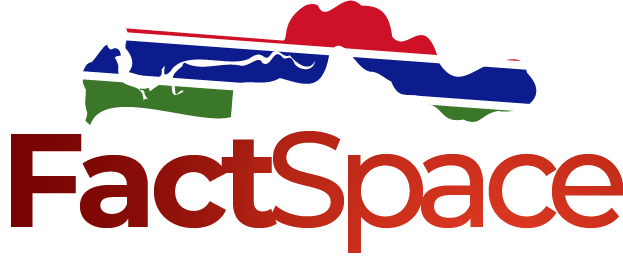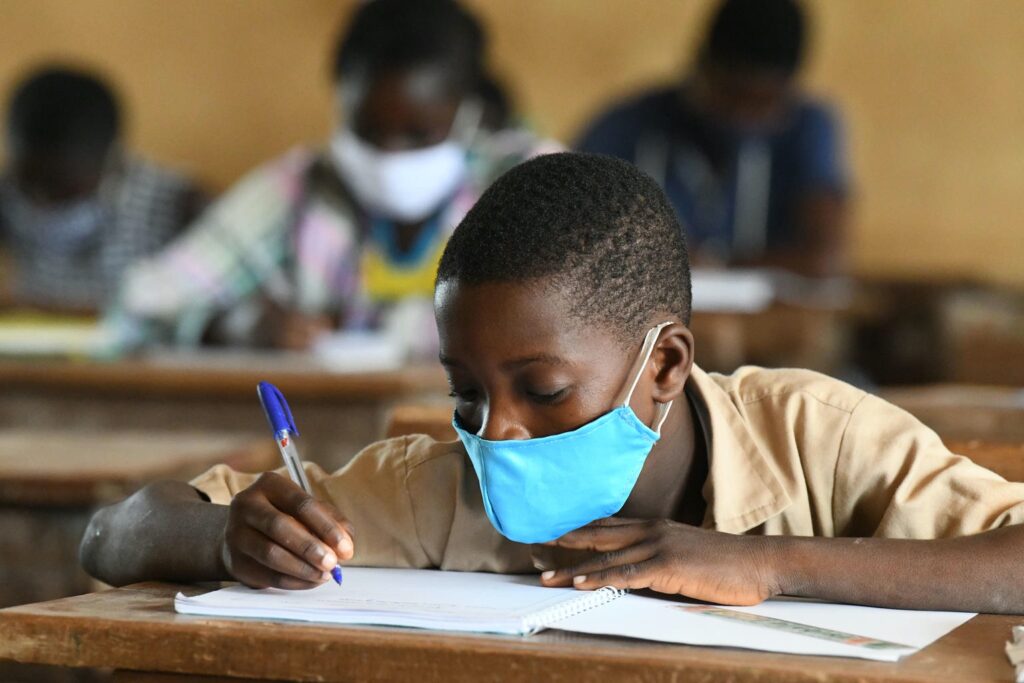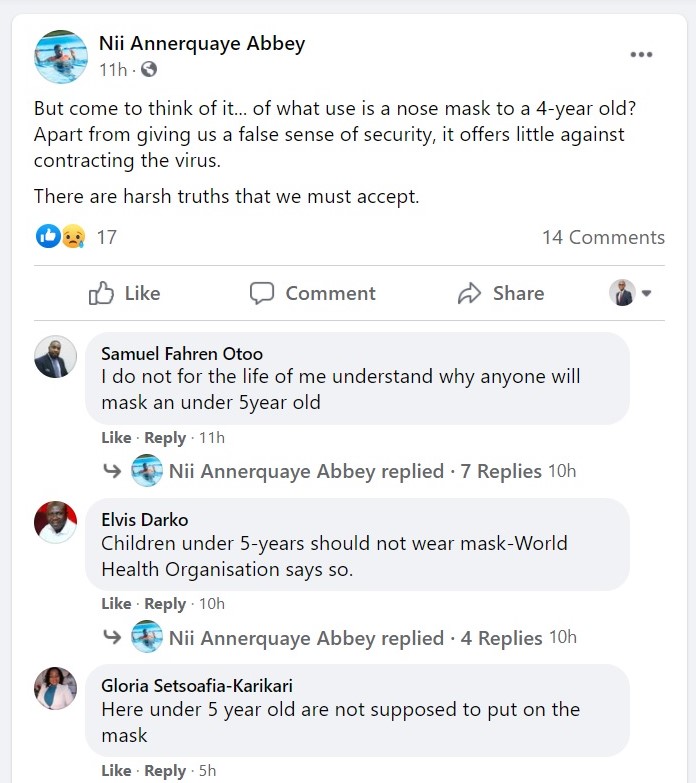Ghanaian kids are back in school despite the country seeing a resurgence in COVID-19 cases.
The decision which was announced by President Nana Akufo-Addo continues to divide opinion, especially following recent reports that some pupils have tested positive for the coronavirus.
The debate about whether children should be required to wear nose/face masks is dominating public discussions, with some social media users even claiming that the World Health Organisation(WHO) recommends that children under 5 years should not wear masks.
So, what is the WHO recommendation for whether children should wear masks or not?
WHO: Children and masks
The World Health Organization and UNICEF in a joint guidance have advised people to always consult and abide by local authorities on recommended practices on whether children should wear masks or not in their respective countries.
This means the policy recommendation of the Ghana Health Service(GHS) and the Ministry of Health would be the ultimate guide for children in Ghana.
This notwithstanding, WHO and UNICEF have offered a broad recommendation that children aged 5 years and under should not be required to wear masks.
According to the WHO, their guidance is informed by the work of an international and multidisciplinary expert group which was brought together to review evidence on COVID-19 disease and transmission in children and the limited available evidence on the use of masks by children.
For children aged 6-11 /12 and over
For children aged 6-11, WHO and UNICEF advise that the decision to use masks should be based on the following factors:
- Whether there is widespread transmission in the area where the child resides
- The ability of the child to safely and appropriately use a mask
- Access to masks, as well as laundering and replacement of masks in certain settings (such as schools and childcare services)
- Adequate adult supervision and instructions to the child on how to put on, take off and safely wear masks
- Potential impact of wearing a mask on learning and psychosocial development, in consultation with teachers, parents/caregivers and/or medical providers
- Specific settings and interactions the child has with other people who are at high risk of developing serious illness, such as the elderly and those with other underlying health conditions
WHO and UNICEF advise that children aged 12 and over should wear a mask under the same conditions as adults, in particular when they cannot guarantee at least a 1-metre distance from others and there is widespread transmission in the area.
Ghana Health Service: Children and masks
The Ghana Health Service (GHS) says children aged 2 and above should wear face/nose masks.
This according to the Acting Director of Public Health at the GHS, Dr Franklin Asiedu Bekoe, is the country’s policy which has been adopted following consultations with the Ghana Education Service(GES) to help control the spread of the virus in schools.
“We encourage that the teachers supervise the space and give them(children) some time to get fresh air so they don’t get to put it on all day,” he said.
Children infected with COVID-19
Statistics from Child Rights International(CRI) show that 2,180 children have been infected with Covid-19 between March 11 and November 9, 2020, out of which 4 have died.
Meanwhile, there have been more recent reports about COVID-19 infections among students including 20 students in the Greater Accra Region, 42 others from the Akosombo International School and an eleven-day-old baby also testing positive for the coronavirus at the Komfo Anokye Teaching Hospital.
Researched by Gifty Tracy Aminu





